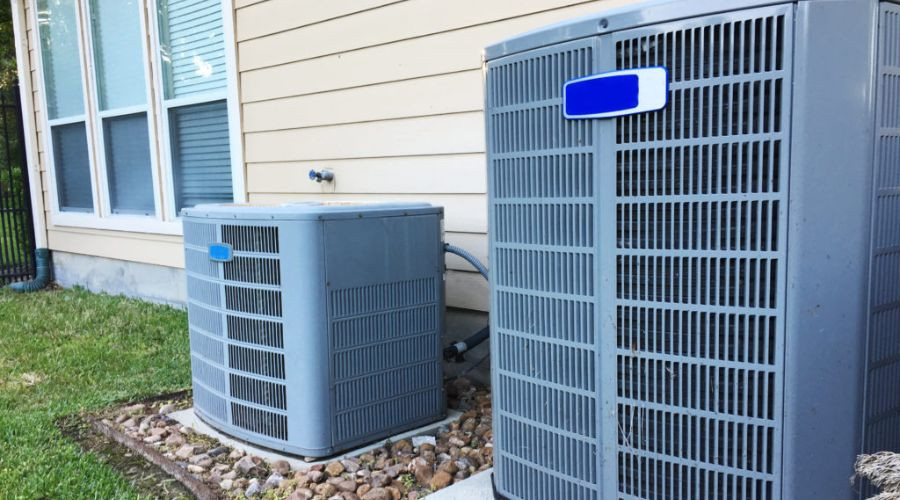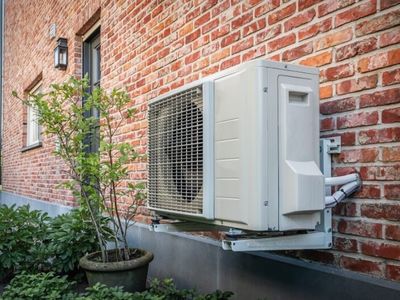
Heat Your Home More Efficiently
Heating a home in the winter is one of the biggest energy expenditures for homeowners each year. Cutting back on the amount of energy used on heating can help create a more eco-friendly home and save the homeowners money on utility bills. In this blog post, HVAC experts want to share with local homeowners how heat pump and ductless heat pump systems work more efficiently than traditional heating. Central heating systems that keep the house warm in the winter by using electricity or burning gas can wrack up utility bills for homeowners during the coldest time of the year. Heat pump systems use a significant percentage less energy than other heating systems. Eliminating ductwork from the heating system can also help to eliminate energy waste.How Does a Heat Pump Work?
The three main kinds of heat pump systems are air-source heat pumps, geothermal heat pumps, and water-source heat pumps. Which of these options is best for a house will depend on the local climate and land conditions. Geothermal heat pumps transfer heat from the ground outside into the house. An air source heat pump is the most common type of heat pump and works similarly by transferring heat from the air outside into the home.
Water source heat pumps are among the best heating solutions for efficiency. The water source heat pump gains its heating power from a circulating loop of water contained in the system. The unit can often be conveniently hidden in a closet or wall; this heat pump is usually found in apartment buildings.
What Are the Benefits of Ductless Heating?
Another way homeowners can improve their heating efficiency during the winter is to switch to a ductless heating system. When the air has to travel from the heating unit to the vents through ductwork, it loses some of its warmth on the way. Eliminating ductwork by installing a ductless heater or heat pump can reduce energy waste. A mini split heat pump unit is one of the most efficient ways to heat a space. Mini split heat pump systems can be installed almost anywhere and only require a single hole drilled into the wall. They work similarly to window air conditioners by compressing air to heat or cool it.How Can Homeowners Save Money On Heating Costs?
 Heat pump technology uses the energy naturally found in the air, water, or ground to generate power for the home’s heating system, making them more energy efficient and saving homeowners a lot of money in the long run. Switching to a geothermal heating system can also save homeowners a ton of money, especially during the winter. Heating a home in the winter is so expensive that it cuts into many homeowners’ holiday budgets. However, heat pumps can be used to both heat and cool a home more efficiently than their counterparts.
Reducing energy bills in the winter can mean more money for homeowners to spend on the things that matter. Upgrading to a new heat pump system is an investment that raises the home value for years to come. Homeowners can also feel good about the fact that installing an energy-efficient heat pump system will reduce their home’s carbon footprint to help the environment.
Heat pump technology uses the energy naturally found in the air, water, or ground to generate power for the home’s heating system, making them more energy efficient and saving homeowners a lot of money in the long run. Switching to a geothermal heating system can also save homeowners a ton of money, especially during the winter. Heating a home in the winter is so expensive that it cuts into many homeowners’ holiday budgets. However, heat pumps can be used to both heat and cool a home more efficiently than their counterparts.
Reducing energy bills in the winter can mean more money for homeowners to spend on the things that matter. Upgrading to a new heat pump system is an investment that raises the home value for years to come. Homeowners can also feel good about the fact that installing an energy-efficient heat pump system will reduce their home’s carbon footprint to help the environment.



